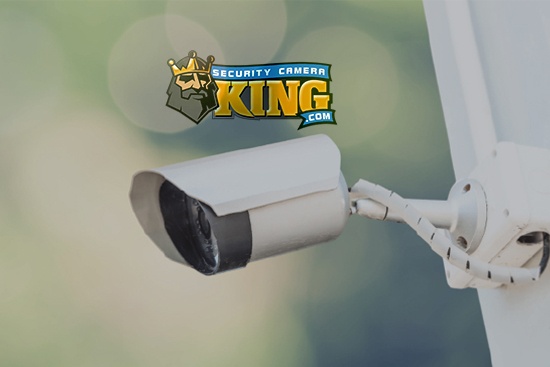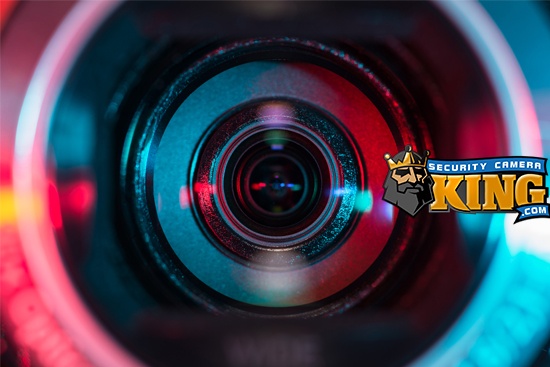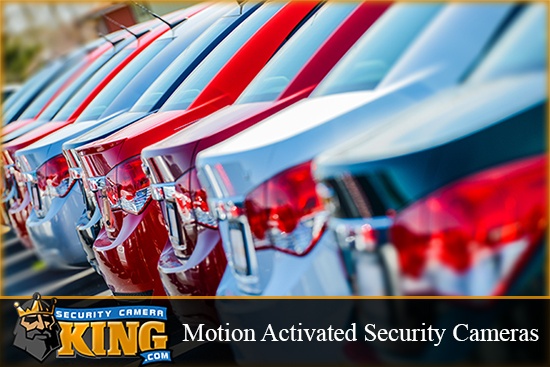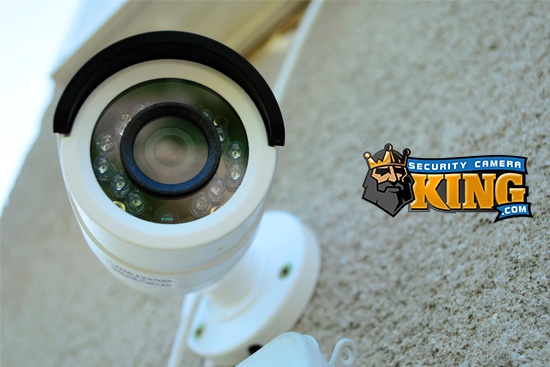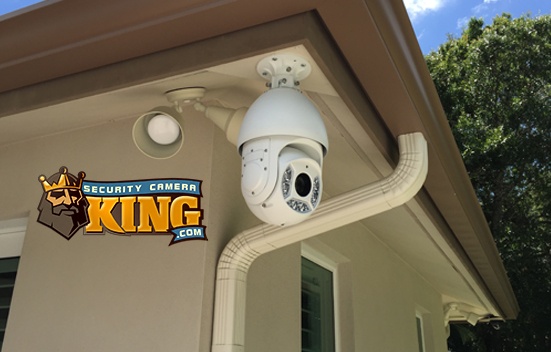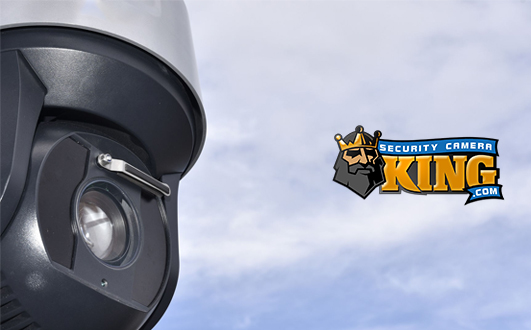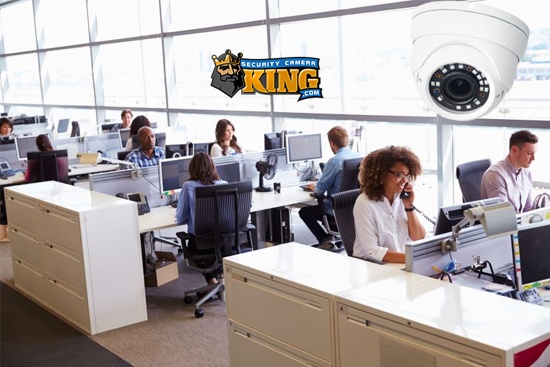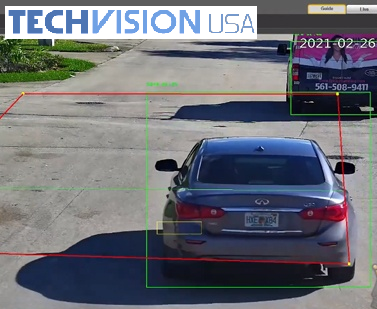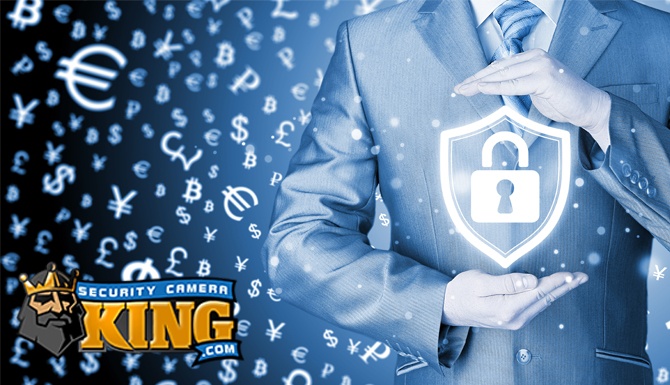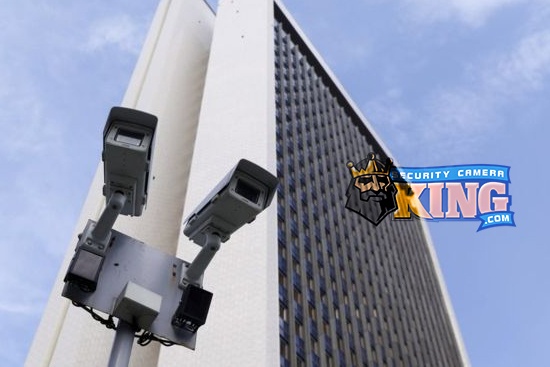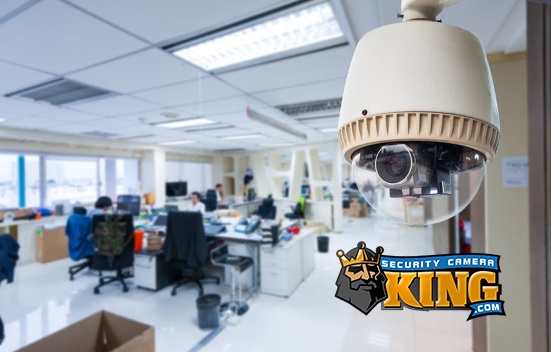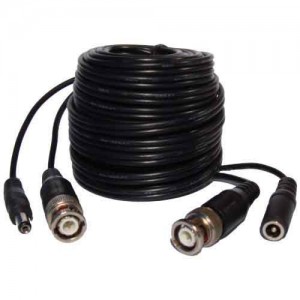 There are many ways to use the Internet these days to enhance your digital video security system and one such method may be to use a CCTV video server. While the Digital Video Recorder or DVR is the center of the powerhouse for a digital video security and surveillance system, the CCTV video server could be considered its cousin, the major difference between the two being the CCTV video server is designed to work specifically with the Internet.
There are many ways to use the Internet these days to enhance your digital video security system and one such method may be to use a CCTV video server. While the Digital Video Recorder or DVR is the center of the powerhouse for a digital video security and surveillance system, the CCTV video server could be considered its cousin, the major difference between the two being the CCTV video server is designed to work specifically with the Internet.
A typical digital video security and surveillance system works in the following manner:
- The digital cameras capture the video image and send it via a video transmission cable (for distinction here the cable is usually RG59) to the DVR (or a spot monitor)
- The DVR processes the video data; it compresses it using a CODEC (COmpression/DECompression) utility that reduces the size of the file but maintains high levels of quality in the video image.
- The DVR records the video to its Hard Disk Drive or HDD and also displays the image on a monitor.
In the above example, the system is usually self-contained in a specific geographical area because the cameras must be cabled to the DVR. There are wireless cameras and other equipment but for the most part, these systems are still located in one specific location.
CCTV video servers are used as an adjunct to the older analog systems. A typical analog video security and surveillance system with a CCTV video server works in the following manner:
- The analog (or digital) cameras capture the video image and send it via a video transmission cable (RG59) to the CCTV video server. Note that a video server normally works with analog systems but may work with digital systems as well.
- The CCTV video server processes the video data; it compresses it using a CODEC. Often, the CCTV video server will use more than one CODEC. For example the server may save the cameras’ video images to the HDD using MJPEG technology, but for video that may be watched over the Internet, H.264 may be used to “stream” the video to its destination.
- The CCTV normally doesn’t use a monitor except for setup. Usually its video feeds are processed (using H.264 for example) and are sent out over the Internet where they may be downloaded and viewed on any compatible computer.
As you can see, the biggest difference between a DVR and a video server is that the images remain local to the DVR while CCTV video servers digitize the analog signal and make it accessible via efficient streaming over the Internet. There are advantages and disadvantages to the CCTV video server experience. We’ll a mention a few of each in the following paragraphs.
(As a side note, Security Camera King has all but eliminated the need for a CCTV video server with its newest DVRs as each one contains its own Web server technology. By going through the DVR oe can access every camera in the system over the internet.)
Probably the one single greatest benefit of all of a CCTV video server is the ability to view analog video over the Internet. For analog systems, specifically cameras, this is not possible without a video server.
Another huge benefit of the CCTV video server is that the unit is able to save the video image to its HDD or send it along to a DVR to record to its HDD, and broadcast it in a streaming fashion over the Internet simultaneously. This may not sound very impressive since Security Camera King’s feature digital systems can easily do all of this and more. But it is a convenient way of utilizing older analog cameras using the Internet.
The down side to using a CCTV video server and analog cameras is that if the Internet goes down, you will not be able to access your system remotely. Also, a slow connection will yield a painstakingly slow monitoring experience.
One last thing; don’t confuse CCTV video servers with Network Video Recorders (NVRs). NVRs do not work with analog cameras; they are designed for use with IP (Internet Protocol) ready cameras. NVRs are basically the IP ready camera’s equivalent of the DVR while CCTV video servers simply get the camera’s video IP ready and broadcasts it over the internet.


